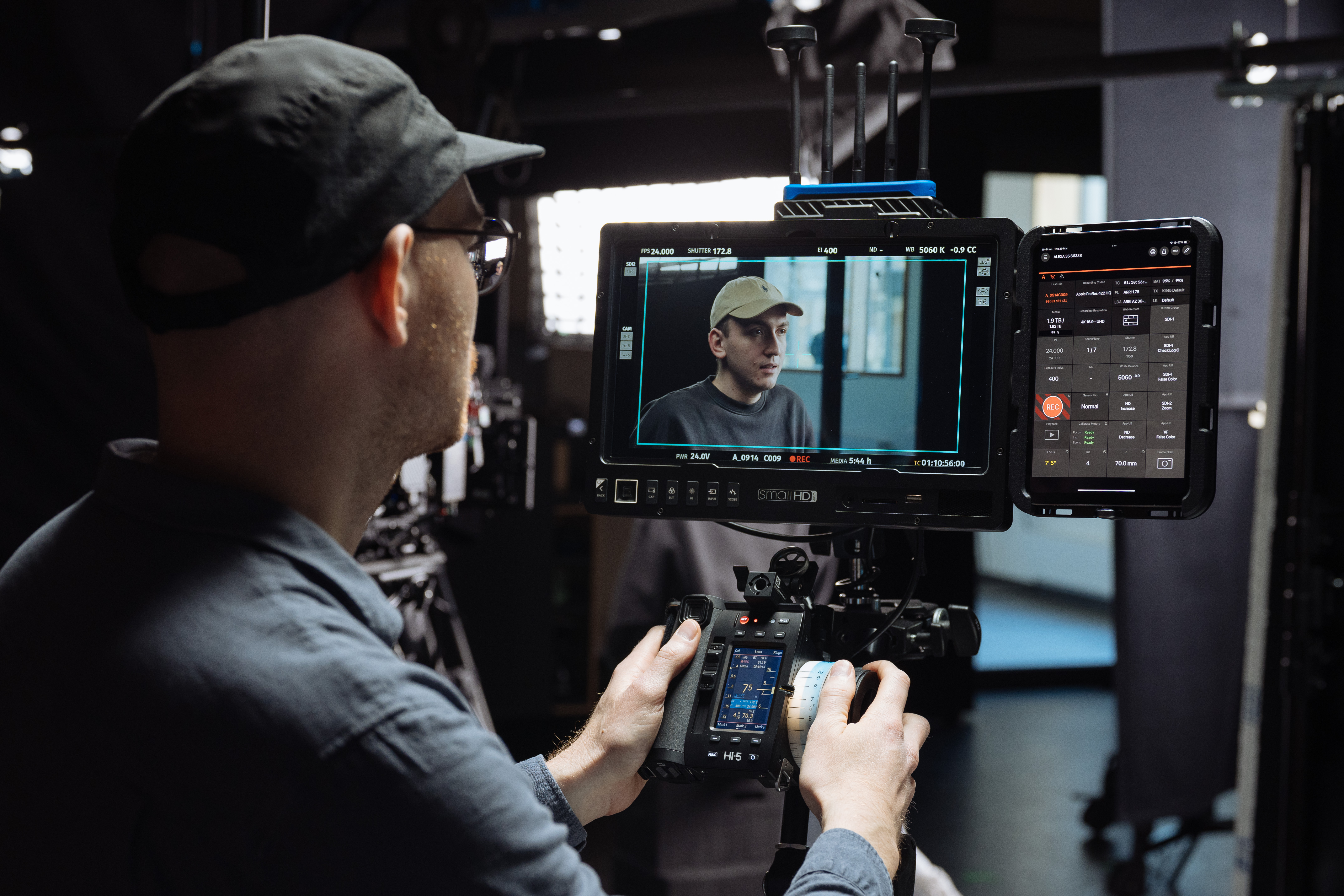PBS: Incentive Auction Rules Reverse Legal Precedent
WASHINGTON—The nation’s top public TV station groups say incentive auction rules adopted by the Federal Communication Commission in May reverse the regulator’s own precedent. PBS, the Association of Public Television Stations and the Corp. for Public Broadcasting filed a Petition of Reconsideration with the FCC to preserve channels for public TV stations. The Petition notes that the recently adopted rules simply omit this protection.
“For over 62 years, the commission has reserved spectrum in the Table of Allotments for exclusive noncommercial educational use, but the Report and Orderreverses this well-settled policy sub silentio by making the continued existence of noncommercial educational reserved spectrum subject entirely to market forces,” the Petition stated. “The commission did not provide the required notice or reasoned analysis for this unprecedented reversal of longstanding policy.”
Specifically, the Petition requests a revision allowing noncommercial, educational stations operating on reserved channels to relinquish spectrum usage rights if at least one public station remains on the air in the community, or at least one channel is reserved during the repack for a new noncommercial entrant.
The Petition notes that, under the rules, a channel license reserved for a noncommercial remains reserved if the licensee elects to share a channel with another station. The designation is not protected for noncommercial stations that elect to give up their license entirely to participate in the spectrum auction.
“This would de facto delete the reserved channel without ‘carefully weighing the public interest effects of dereservation,’ as is the commission’s well-established practice,” the Petition said.
The objections raised by public TV station groups follow a lawsuit filed by the National Association of Broadcasters, which petitioned the U.S. Court of Appeals for the D.C. Circuit to enjoin the FCC’s station repacking methodology, a crucial element of the incentive auction. The NAB contends that many stations will lose coverage area and population served under the FCC’s methodology, dubbed “TVStudy.” (Doug Lung details his experiments with the software in “TVStudy Options Show Impact on Coverage.”)
See…
June 3, 2014, “FCC Sets Forth Rules for Incentive Auction”
Broadcasters opting to continue operations must transition to new channel assignments within 39 months.
Get the TV Tech Newsletter
The professional video industry's #1 source for news, trends and product and tech information. Sign up below.
